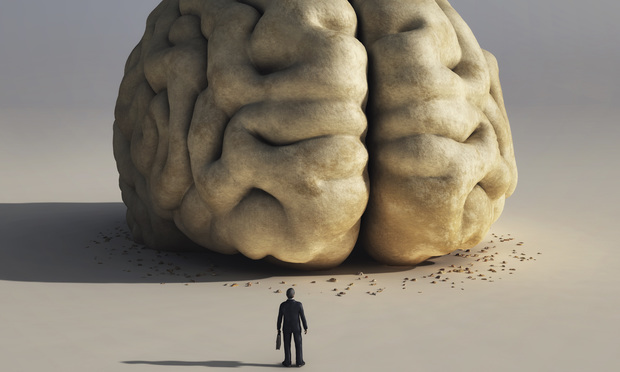Mental health disorders such as depression, anxiety and bipolar disorders may be less visible than other disabilities, but that doesn’t mean they are any less acute, or have a lesser impact on an employee. “Just as with physical disorders, mental disorders that rise to the level of qualifying as a ‘disability’ under the Americans with Disabilities Act (and similar state and local laws) require the employer to provide accommodations to allow the employee to perform essential job functions,” explains John Lord Jr. of Foley & Lardner in a recent blog post.
Here are some of his tips for better providing mental health disability support:
- Review job descriptions: Start with written job descriptions, and then contact the employee’s direct supervisors to find out what his or her essential jobs functions are, advises Lord. Then tailor the response from there. For example, if being at the workplace isn’t essential, maybe allowing the person to work from home part of the time would be a helpful accommodation.
- Obtain documentation and document: It’s OK to ask for documentation from the employee’s health care provider, especially since mental health problems aren’t always readily apparent. In that vein, it’s important to then document any accommodations agreed on with the employee and have him or her sign an acknowledgment, he says.
- Meet with the employee: At these meetings (and there can be several), HR personnel, supervisors and leave administrators can discuss with the person potential solutions. “The initial meetings should be seen as brainstorming sessions,” says Lord, but eventually the final meetings should outline the accommodations.






